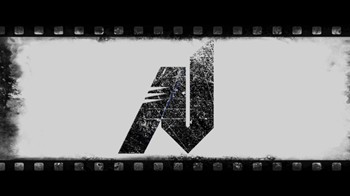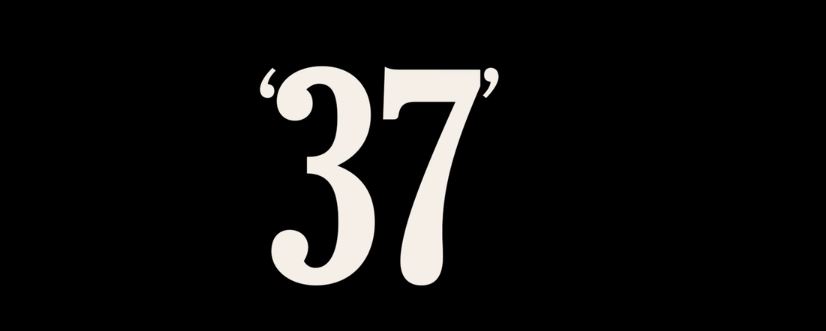ANDERSONVISION: What drew you to the Kitty Genovese story?
PUK GRASTEN: My native city is Copenhagen, Denmark, but I’ve lived in New York City for seven years. In New York the Kitty Genovese killing is a ghost-like story of the apathy of the metropolitan city. I was interested in exploring the bystanders of the crime since they were described as evil people who did nothing, which led me to the research of the bystander effect. I focused on the social psychology of the crime; ‘the bystander effect’ and the group mentality. I do not believe that people are born evil and I wanted to find out why the bystanders acted like they did.
ANDERSONVISION: While many stories have been adapted from the Genovese case, what was it like being the first narrative take on it?
PUK: The narrative and fictional approach to the crime gave me the freedom to really put myself in the situation of the bystanders and their inactions. For me the multi plot was important to tell the stories since it gave me the opportunity to experience different reaction from different POV’s. I created characters (based on my research) who had their own dilemmas going on inside their apartment; their problems are rooted in the society and the reason why they choose not to act. The time period (1964) plays an important factor that I wanted to include in the film. I’m exploring social issues that, unfortunately, still exist today.
ANDERSONVISION: Did not actually shooting at the crime scene impact the film?
PUK: While I was writing the script I spent a lot of time in Kew Gardens, Queens where Kitty Genovese lived and died. I wanted to shoot the film in Kew Gardens for the respect of Kitty Genovese and the bystanders, but we didn’t get the permit since it is still a very sore subject. We therefore shot “37” in a nearby neighborhood with the same geographic settings. For the film it has no difference, but personally I wish I could have honored the neighbors by shooting it in Kew Gardens. With “37” I want to portray the people of Kew Gardens as real people and not as monsters as they were described as after the killing.
ANDERSONVISION: Given the history of case details being slightly askew, do you feel that it was your job to uncover the truth?
PUK: I spent years researching the murder of Kitty Genovese before we made “37”. I needed to know absolute everything before I felt confident in creating my own version of the 37 bystanders who stood by and did nothing. I created fictional characters but truth to the actions of the real bystanders. ‘I didn’t want to get involved’ was the ongoing statement from the bystanders in the papers; I wanted to find the truth behind that statement.
ANDERSONVISION: What is it like being a foreigner tackling a darker part of Americana?
PUK: In many ways I see it as a force. The role as a foreigner living in the U.S actually gave me the freedom not to be paired with one specific group of people and with that only tell the story from one perspective. I had no trouble in portraying different kind of people – inspired by people I’ve met while living in the States. I was able to connect and understand all of my characters and I didn’t have a favor among those. I also believe it is easier to see the greater picture from a distance.
ANDERSONVISION: Why do you feel the need to change some of the racial makeup of bystanders involved in the case?
PUK: Kew Gardens consisted of elderly Jewish people, young artists and stewardesses (close to the airport) and the immigrant elevator operator. It had three different buildings with three different social classes. In the mid 60’s the American society was changing; among those changes was that African Americans were moving into the white suburbs. In “37” the neighborhood portrayed is a product of its time: instead of becoming one big community; people became more divided.
ANDERSONVISION: What are you working on next?
PUK: I moved back to Copenhagen to make my next feature film. My next project is based on the book by Janne Teller called “War, What If”. The film is about how nationalism gets born and steals the democracy away from its people. In “War, What If” we follow a young boy who fights to keep his family together in a society going through changes. Denmark declares war against Sweden to be the big nation as they were during the Vikings. The boy looses his family member one by one to the fight for nationalism. It’s not a becoming of age story but a becoming of (self) destruction.




